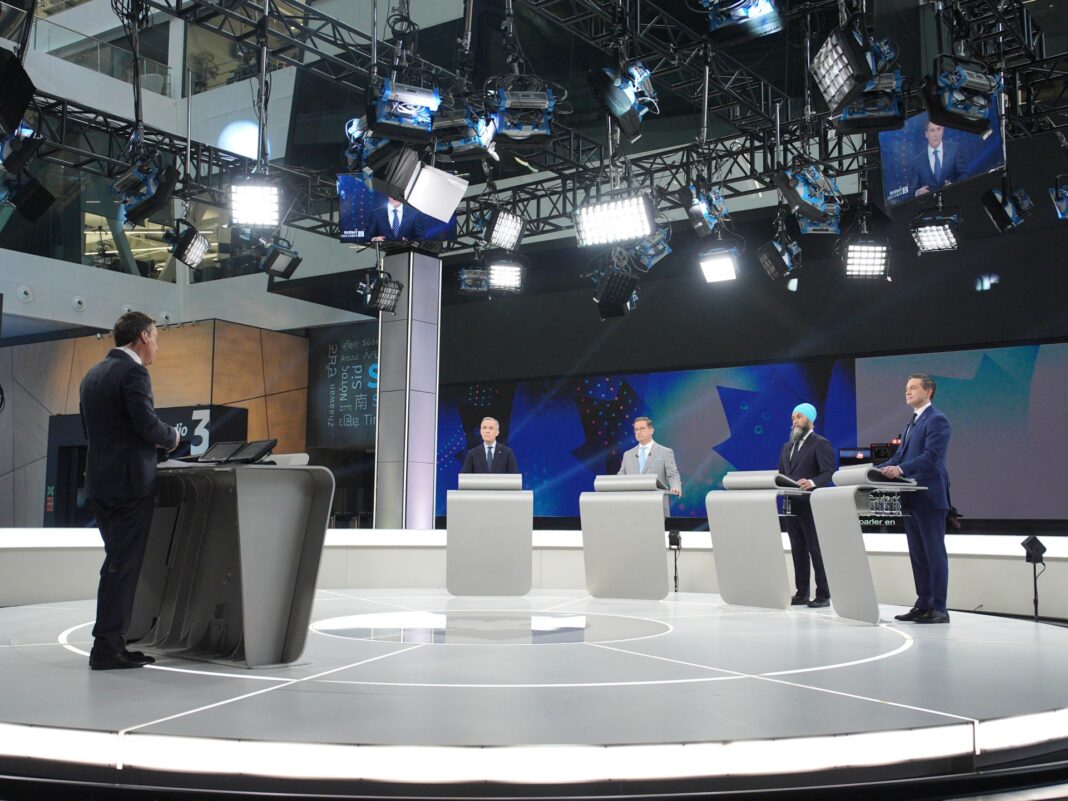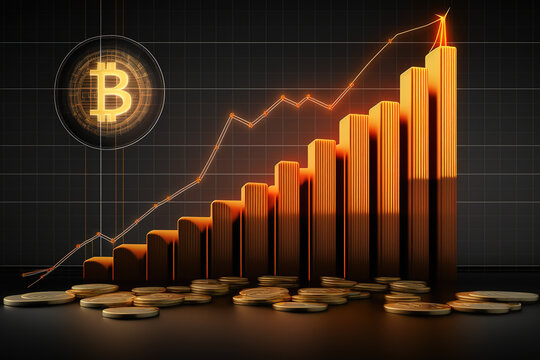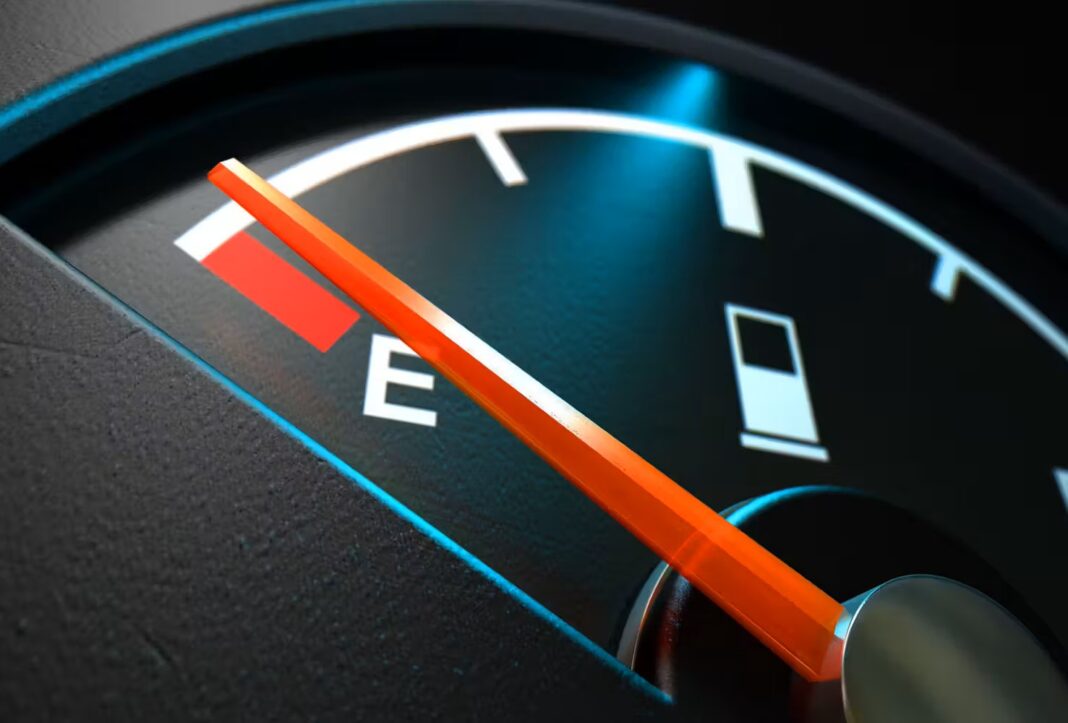The leaders of Canada’s four major political parties have faced off in a French-language debate, a night before taking the stage for the English-language counterpart.
Wednesday’s event featured Liberal Party leader and current Prime Minister Mark Carney and his top rival, Conservative Leader Pierre Poilievre, as well as the leaders of Bloc Quebecois, Yves-Francois Blanchet, and the New Democratic Party, Jagmeet Singh.
The English language debate on Thursday will round out the only two debates before the April 28 vote, which comes after Carney called for a snap election in March, in advance of the officially scheduled October 20 vote.
In a last-minute move, the Leaders’ Debates Commission dropped the Green Party, and its co-leader Jonathan Pedneault, from both debates, saying the party was not running enough candidates to meet the qualifying criteria.
The debate was also moved up two hours to avoid conflicting with a Montreal Canadiens playoff-qualifying match. The majority of Canada’s about 10 million French speakers live in the province of Quebec, where the team is based.
Here were the top takeaways from Wednesday’s debate:
Trump looms large
In just under three months in office, US President Donald Trump has undertaken one of the most significant shifts in US relations with Canada in history.
His actions have included imposing wide-ranging tariffs on the northern neighbour and, in an unprecedented threat of annexation, repeatedly suggesting making Canada the “51st” state.
On Wednesday, Carney, whose Liberal party has seen surging support in the face of Trump’s threats, sought to centre the US president, saying the election is about “who will face up to Trump”.
“In a crisis, you have to have a plan,” said Carney, who spent the night pushing his economic bonafides, which included leading the Bank of Canada and the Bank of England
Poilievre, who in the past has been likened to a Canadian “mini Trump”, pledged to negotiate a deal that would bring down tariffs, while saying he would protect Canadian sovereignty.
“We will never be an American state,” he said.
Bloc Quebecois leader Blanchet, meanwhile, accused Carney of failing to protect Quebec in his early response to Trump.
“So far, all we have seen is efforts being deployed to protect the Ontario economy, which is the way Canada defines itself,” he said.
A time for change?
For Poilievre, who for months had a commanding polling lead over the Liberals, sought to drive home one unifying theme: That Canadians want change after nine and a half years of a Liberal government, led mostly by Justin Trudeau.
Poilievre said Carney was repeating the same promises Trudeau had made during his time in power and accused his party of driving up housing prices and weakening the economy by blocking natural resource development.
Carney shot back that he was leading the Bank of England from 2013 to 2019, as he sought to distance himself from the Liberals’ policies during that period.
“You are just like Justin Trudeau … we need change and you, Mr Carney, are not change,” Poilievre told Carney.
“Mr Poilievre is not Mr Trudeau and neither am I,” Carney shot back.
What did candidates say about immigration?
Poilievre also took particular aim at the Liberals’ immigration policies.
Trudeau had boosted visas to work in Canada to address labour shortages after the COVID-19 pandemic, but cut those caps dramatically last year as critics seized on the country’s rapid population growth.
The Conservative candidate said liberals allowed immigration to “spiral out of control”.
Carney also sought to differentiate himself from the Liberals’ past policies, saying the “system isn’t working, especially after the pandemic”. He said he supported keeping the lowered caps in place for the time being.
Poilievre added he would block those seeking safety from violence-wracked Haiti, while Carney said he supported temporary caps on asylum seekers.
“We have to be human, but we have to be realistic. Canada can’t accept everyone,” he said.
Meanwhile, the New Democratic Party’s Singh said that in light of Trump’s crackdown on refugees and asylum seekers, Canada should end its “Safe Third Party” agreement with the US. The agreement allows Canada to turn back asylum seekers who enter from the US.
“We’re talking about a dangerous situation, and we should respond with compassion,” Singh said.
A surge in oil production and pipelines?
The economic uncertainty spurred by Trump’s tariffs has also brought renewed focus on Canada’s energy policy.
Hailing from the country’s oil capital, Alberta, Poilievre has long pushed for deregulation and boosting oil production. On Wednesday, he promised to surge oil production through more oil pipelines.
Carney also signalled a willingness to boost oil production through pipelines, but said approval would be needed from both Quebec and Indigenous groups, as is required under law.
“This is Canada. That’s how Canada works,” Carney said. Still, upon being pressed, he said the environment remained a Liberal priority.
Bloc Quebecois leader Blanchet accused both the Liberal and Conservative leaders of ignoring the ravages of climate change.
“The denial of the reality of climate change since the beginning of this campaign and the change of heart of Mr Carney, who decided to be more conservative than Mr Poilievre, is very harmful for our environment,” Blanchet said.
How did language rights come into play?
Carney, the only candidate on stage lacking a strong grasp of the French language, generally managed to hold his own throughout the debate and avoid any major faux pas.
Still, the issue of language rights and preservation featured prominently, including discussion of Bill 96, a sweeping 2022 reform to Quebec’s law that limited the use of English in some government services and courts.
The law has been challenged by non-French-speaking groups in the province, and remains a delicate subject for candidates seeking to win support in Quebec.

Poilievre said he “will continue to support laws and policies that allow Quebec and the federal government to protect the French language all across Canada”.
Carney was more circumspect, saying, “The question is, do we have rights and freedoms here in Canada? Are we equal?”
“We need to consider the right balance.”
Carney also pledged that the Liberal government would seek to bolster the declining French-speaking population in Canada by increasing the rate of francophone immigrants to provinces outside of Quebec from 10 to 12 percent.


